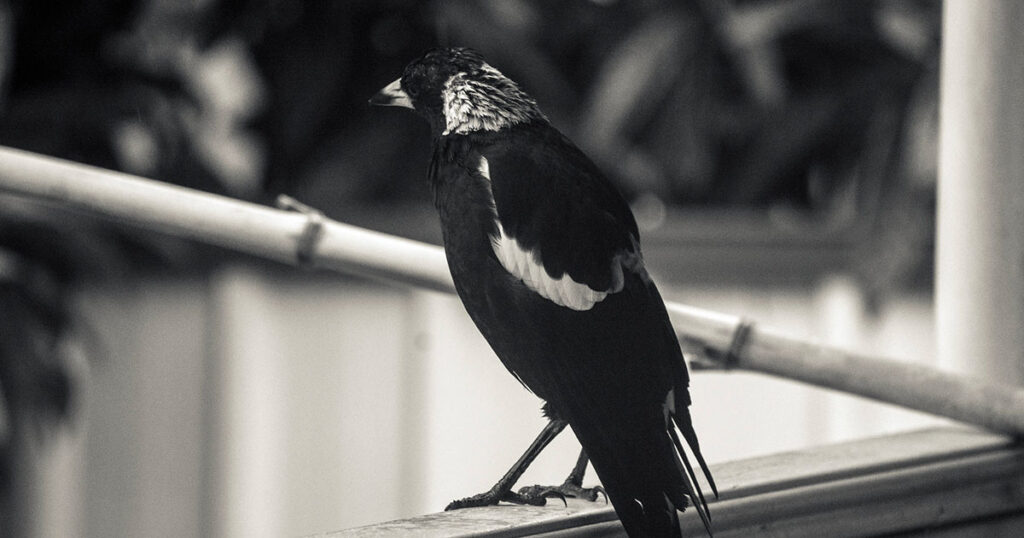
In a college philosophy class that met one chilly spring years ago in a large classroom with many windows, I sat three seats over and two back from a wispy, pale-skinned, brown-haired girl. Her clothes were dark, heavy, and shapeless—thick gray pullovers and dark skirts with black tights and clunky lace-up boots, all covered up by a long boxy wool coat. Her shoulder-length hair was glossy and straight, except for a gentle bend at her cheek. She was strange. That brown hair, the delicate chin, the good cheekbones, and that washed-out complexion along with her clear, melodious voice and her drawn shoulders and small, careful steps—no stride, no attitude, nothing commanding there—made her an oddity. She was just a few bits and pieces when you open the closet door looking for something breathtaking. She was quietly plain in that preppy time and place, happy to be nobody in particular, a gray shadow in a room of boys in blue oxford shirts and girls in Fair Isle sweaters of dusty rose and butterscotch.
Our teacher wore a tie and a suit coat to class every day, and he called on us by our surnames, Mr. Webster or Miss Clarkson, and formally repeated the names on thanking us for our thoughts. I don’t remember her name, though she was not afraid to give an opinion and the teacher must have used the name in every class. Some years later, in a graduate seminar, the teacher warned us that learning was not a spectator sport, so in that class students spoke up when they had something to say, and didn’t need to be lured onto the playing field. But in the philosophy class, during my first year of college, learning the rules precluded playing the game, and I made sure not to open my mouth. Besides, what need—what good?—when the pale girl was soon established as the star. If someone else threw out a thought, the teacher would bat it her way; if no one said anything, he would turn to her to get the ball rolling; if the class was divided over a question, he asked her opinion to decide the matter.
Those classes were sometimes interminable, sometimes flew by. One day the pale girl came dressed as usual in her heavy coat, but shrugging out of it she revealed a bone-white ribbed turtleneck that encircled her neck like a ruff, such as a queen in Shakespeare’s time might have worn or a Spanish princess in a brocade gown of rust and emerald. But she was no queen and wore no finery, and even the turtleneck seemed to dim until by class’s end it was all of a piece with her browns and grays, and she was again retiring, muted, shadowy. Yet day after day, when our teacher turned to her it was as if a high counselor were opening a door to usher her into the throne room. Or like an ornithologist parting the branches to coax into the light the source of the birdsong. But there was no astonishing display of colors, no eye-catching ruffs and gilded feathers, just one small drab specimen, flitting through the bushes, one girl, twisting slightly in her seat.
Running up and down the lane that passes in front of my house this spring, during the period of confinement, I heard birdsong I never listened to when I was running farther and faster and was confident of getting somewhere. That teacher, all those years ago, diligent, ceremonious, deliberate—he wasn’t parting the branches to let his favorite bird out; he was telling the rest of us to look in. The Spanish say No hay atajo sin trabajo: short cuts don’t work. Don’t expect displays for your edification; go looking. Go on looking. The world we’ve made may soon be in embers, all “Bare ruin’d choirs,” but today the birds still sing.

